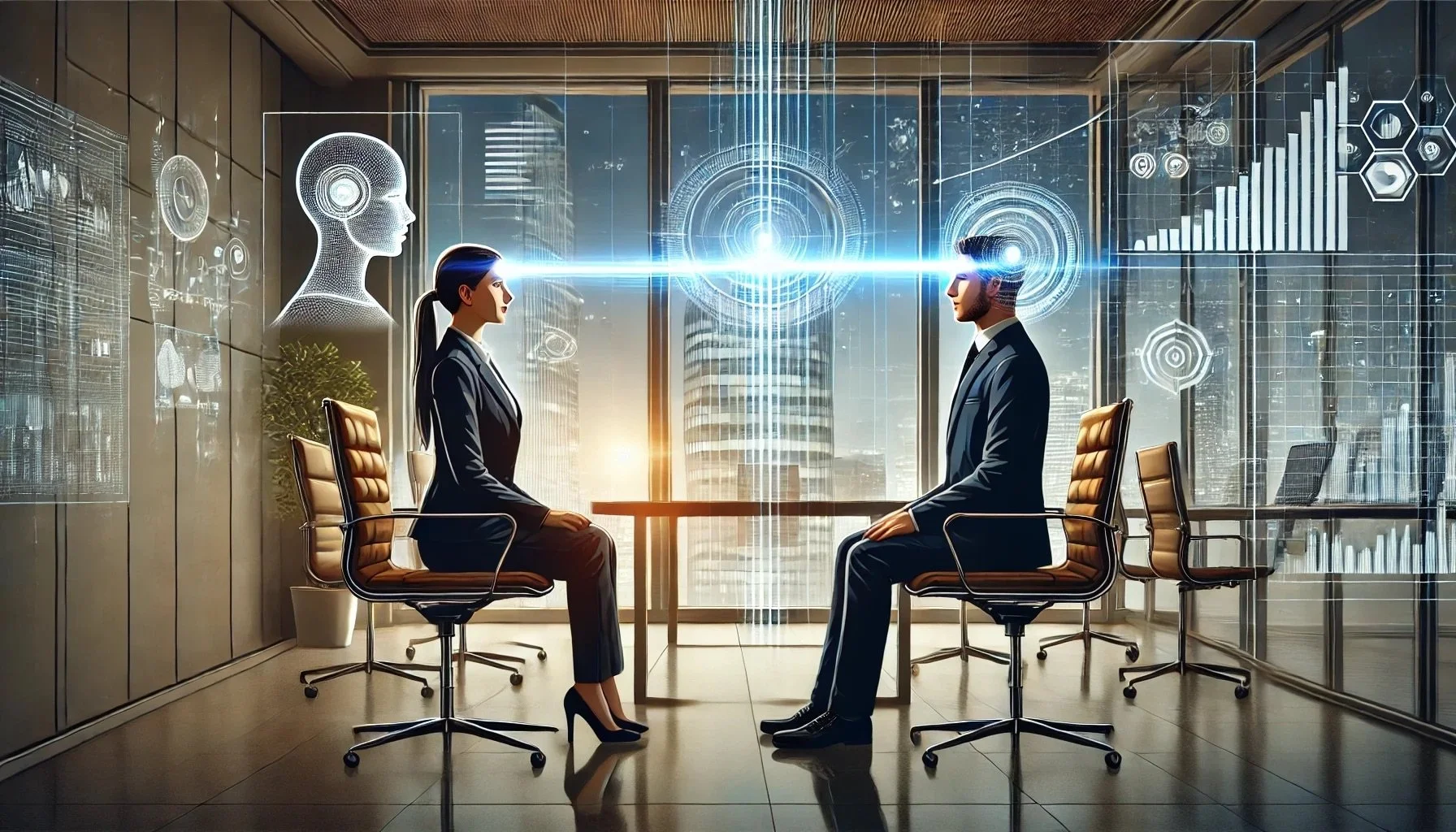Telepathic Public Relations Led by Those with Brains Containing Publicity Generative Implants?
Silicon Valley Business Journal reports Elon Musk’s company Neuralink Corp has successfully implanted its telepathy neural device into a second human test patient.
"I don’t want to jinx it, but it seems to have gone extremely well with the second implant,” Musk reportedly told MIT research scientist Lex Fridman on his podcast.
"There’s a lot of signal, a lot of electrodes. It’s working very well."
The study, expected to take years, will test the company's telepathy neural implant on eight more patients this year, Musk said. The brain-computer interface company conducted its first human trial in January and is looking to do more. But don’t look at me. I’m not volunteering.
I suppose we can store this bit of news in our brains beside what Musk has been saying about Dojo, Tesla’s AI supermarket for years. Will we soon even be able to telepathically drive cars? We just think right turn and our car does it?
As the company prepares to release its robo-taxi in October, Musk emphasized Dojo as a key component in Tesla’s AI strategy.
Dojo is Tesla’s custom-built supercomputer that trains the Full Self-Driving (FSD) neural networks that will play a vital cerebral role in Tesla’s mission to achieve fully autonomous vehicles when it launches robotaxis. Now maybe down the road we’ll have telepathic drivers or robodrivers. And when parked be robopeople?
Currently, FSD is in about 2 million Tesla cars but still needs unfortunately a sometimes-accident-prone human driver. Tesla wants to change that with Dojo. Unlike other companies using sensors like lidar and radar, Tesla relies only on cameras to gather visual data.
This data is then processed by neural networks, mimicking human perception for driving decisions and who knows, maybe even implanted some day in human brains. The drive seems to be to replace erring humanity with flawless technology.
Tesla needs Dojo
While the supercomputer processes video data to identify and classify objects, mimicking human brain functions, now a breakthrough study suggests magnetic fields could manipulate our brains. Oh oh, and what about brains with vulnerable implants? How vulnerable are they to magnets?
Scientists just did a double take after what they did to mice. So, could we be next?
Inspired by the field of optogenetics, which controls certain genetically altered neurons with light, Popular Mechanics reports that South Korean scientists have employed a similar technique using magnetic fields.
In a series of tests, scientists were able to control a mouse’s feeding, sociability, and parental behavior by manipulating certain regions of the lateral hypothalamus.
On an even more positive side, this technique could prove useful in treating debilitating neurological disorders or possibly improve results in the already-burgeoning field of transcranial magnetic stimulation.
This is said to be the world’s first technology to freely control specific brain regions using magnetic fields. This is worrisome to me personally as some say I have a magnetic personality.
I don’t know about you, but while I respect Musk, I’m going to keep my brain clear of implants and generate publicity the good old fashion way with texts, emails and occasionally phone calls.
That is, if I can still remember what a phone call is.


